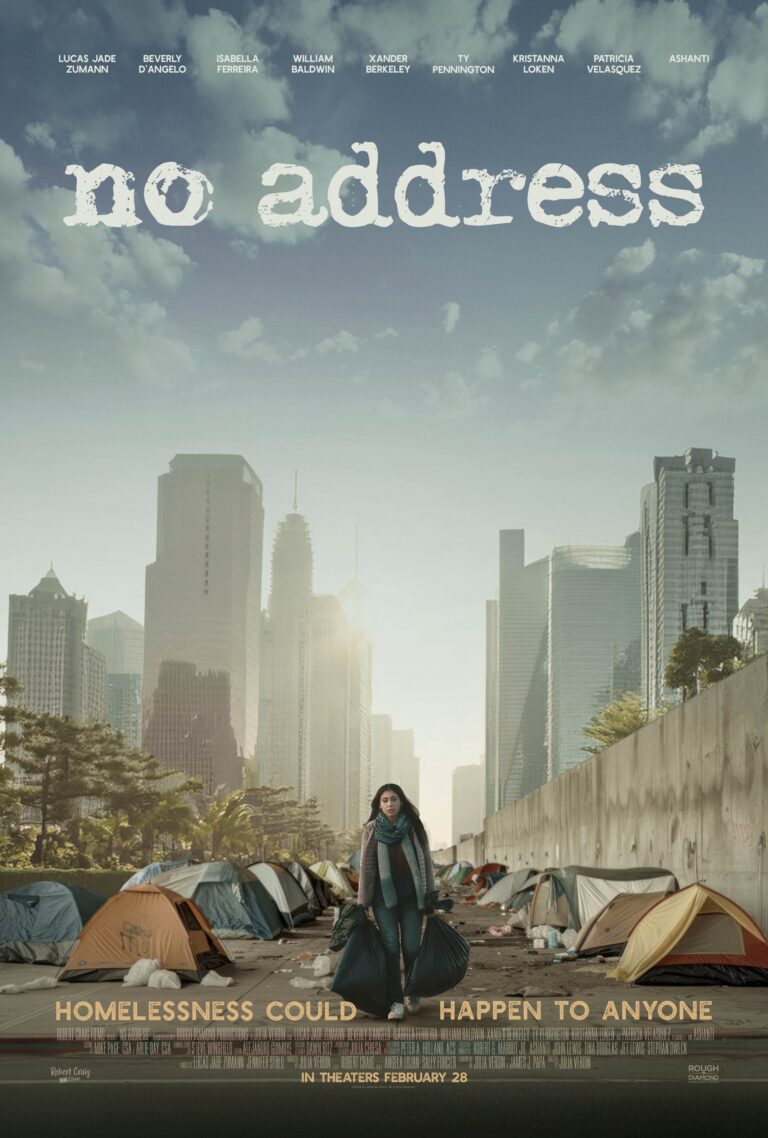Supacell Christian Review

I came out of my maiden dive into “Supacell” rather engrossed. This series is definitely far from treading the oft-treaded path of superhero lore. It is gritty, real, and very close to home. Set right in the heart of South London, it presents people leading pretty ordinary lives until one day, when they suddenly find themselves grappling with superpowers. What hit me first is the way these characters—in a very interesting way—manipulate their newfound abilities against the backdrop of urban challenges: gang violence, economic struggles, personal demons.
Representation and Realism: A Mirror to Community and Faith
Authentic representation is one of the salient features of “Supacell.” It is refreshing to have, for once, a series in which the characters are real-life diverse without falling into stereotypical trappings. From Michael, the delivery driver, to Sabrina, the nurse, all characters have their struggles and triumphs. If I am a Christian audience member, I appreciate the way the series puts into relief for me exactly the position of community and family during trying times. Indeed, it is along these lines that our faith teaches us to love our neighbors and bear one another’s burdens in times of trouble.
Growth in Grace: Character Development
What makes “Supacell” great is the character development; it is not about some flawless, caped crusaders but about flawed human beings who struggle with their moral dilemmas and set examples of personal growth. We view their rides, which are at times redemptive, sacrificial, and responsible—all that the word means. It reminds one of those biblical tales where regular people are called to do some pretty extraordinary stuff—work the balance between faith and humanity together.
Social Commentary: Wrestling with Justice and Injustice
It does not lack a set of guts to talk about the tough issues in society. It deals with racism, economic inequality, and the harsh realities of urban life face-on. For me, as a Christian, this raises deeper questions: How exactly are we as a society treating those communities that have been marginalized, and what do we do to start advocating for justice, compassion, and change? The most touching thing to me was how gang violence was told to show a family’s suffering—which takes one’s mind to the neighborhoods in need of some healing and reconciliation.

Engaging Storytelling: A Tapestry of Action and Emotion
From the pilot episode, “Supacell” grabs and never lets go. It’s a rollercoaster of emotions—banging heartbeat action sequences against tender, heartfelt moments of connection and vulnerability. You feel like you need to be with them in their world, to cheer these characters on as they work through convolutions of powers and personal life. It’s just par-excellent storytelling: thrilling yet keeping you right on the edge, yanking at your heartstrings.
Spiritual Themes: Power and Responsibility
While “Supacell” deals mostly with earthly powers, a number of interesting questions regarding the nature of power itself do open up. As Christians, we know our strength lies not in abilities but in faith and trust in God. Still, through the series, it does challenge one to reflect on how we are using this gift or talent that we have been given. As such, it becomes reminiscent that power—supernatural or mundane—brings great responsibility and consequences.
Challenges and Considerations: Navigating Content and Context
Worth noting, though, is that “Supacell” does come with its issues. The series contains some heavy violence and strong language, themes that certainly will not appeal to everyone’s tastes or values. As Christians, we are called to be discerning about what we allow ourselves to watch and whether those things align with our beliefs. However, the gritty realism adds weight to the telling of a story, and one needs to be aware of what the content and context are.
Final Reflections: “Supacell” as a Lens of Faith
In summary, “Supacell” takes an interesting angle toward the superhero genre: that of relating regular people to extraordinary circumstances. Moreover, it invites us to look beyond appearances and gaze deeper into issues of identity, community, and justice. As a Christian viewer, I really appreciate how these themes have been handled in fairly subtle ways and how they remind us of resilience, redemption, and grace amidst adversity.
Rating: 8/10
While “Supacell” isn’t everyone’s cup of tea, to those who have open minds toward deeper themes and gritty realism, it is rewarding. The discussions it stirred about faith, justice, and the human experience call for us to reflect on our lives and how, as individuals, we can make a difference. As we wait patiently for more seasons to come, “Supacell” stands out as proof that stories help us think, feel, and broaden our horizons.






